M4 relief road: Can Newport learn from Newbury?
- Published
This video reveals the possible route of the M4 relief road
"It will be a 20th Century solution to a 21st Century problem."
This is what Sophie Howe, the Future Generations Commissioner, warned in September about the M4 relief road, citing the A34 Newbury bypass as evidence of the plan's problems.
Almost 800 protestors were arrested trying to stop construction in Berkshire going ahead, but the nine-mile bypass was opened in November 1998.
In December, AMs will have a "binding vote" on whether to build a new road around Newport. So can Newbury provide a useful comparison to Newport?
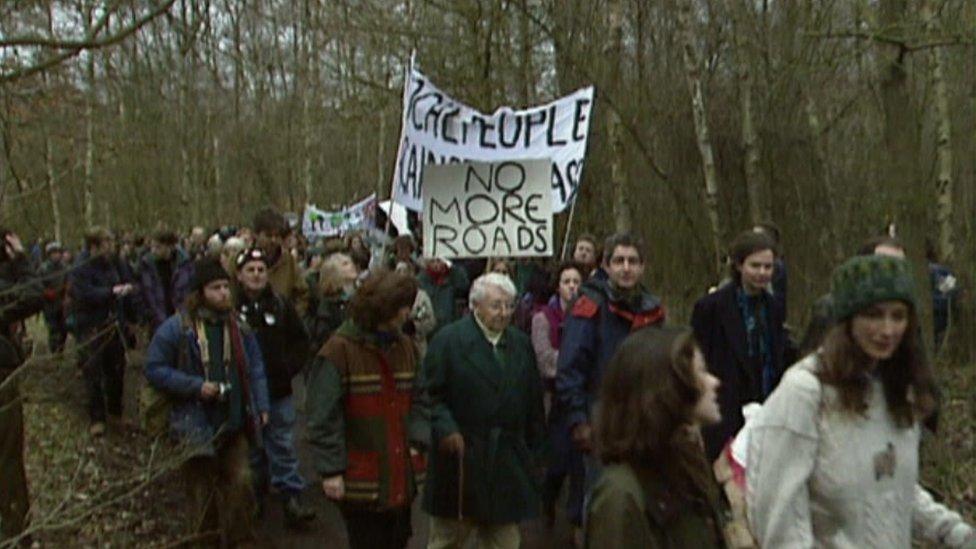
Thousands of people protested against the building of the A34 Newbury bypass
Residents of the Berkshire town still disagree on the success of the project.
One said it had "taken a lot of traffic out of the town", but another said it was "a nightmare to drive a car".
The bypass was built as a way of taking pressure off the town centre, which, like the M4 now, was often congested with industrial traffic and commuters trying to get to work.
Steve Rowsell, who helped mastermind the project for the Highways Agency, said the bypass has brought more traffic to the area, but claimed this was down to the success of the road.
"A lot of that has been created as a result of economic growth whereby business has come in, increase in retail opportunities and an increase in housing," he said.
"That transfer from people using their own vehicles to public transport is going to take a long time.
"I think it's absolutely vital that bottlenecks on the strategic road network are addressed and I don't know what is the best solution for the M4 but it's important that is addressed to allow that economic growth to continue within south Wales."
Mr Rowsell estimates about two thirds of traffic, including 5,000 heavy goods vehicles, has been taken out of Newbury each day since the building of the bypass, although traffic as a whole in the area has increased.
Twenty years on from the protests, the law enforcers involved return to the scene
But Jenny Rathbone, AM for Cardiff Central, said the bypass has not relieved congestion and has created more of an issue.
"I think we have to learn the lessons from history, and the lesson from the Newbury bypass was that this is not a solution to a congestion problem," she said.
She added that protests may have failed to stop the bypass, but it succeeded in influencing the incoming UK Labour government in 1997 to drop road-building plans.
Now she wants her party's Welsh Government to take the same stance.
"Public transport is key to this, particularly if you're doing those predictable journeys from home to work, from home to school," she added.
"We have to have public transport methods that will enable people to do the right thing."
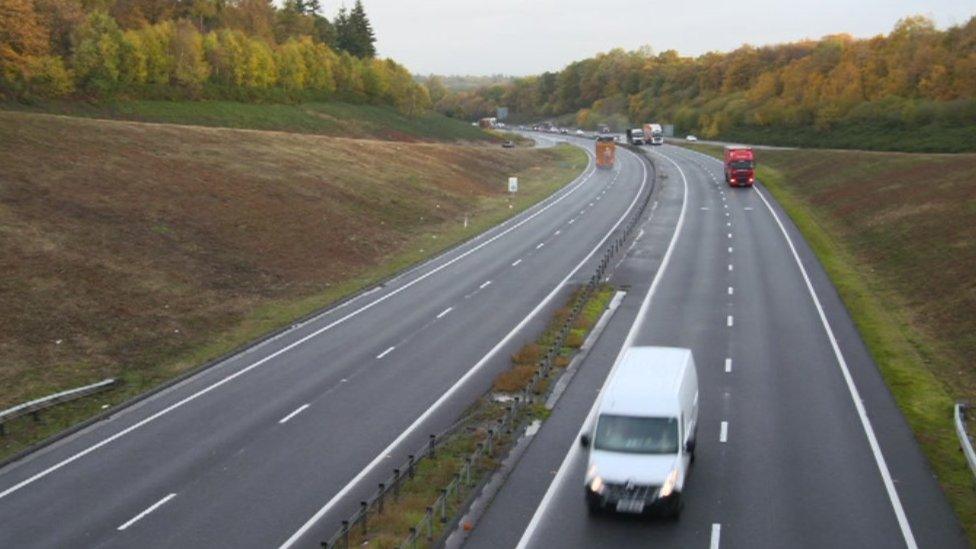
Traffic has increased on the A34 bypass at Newbury, but about two thirds of traffic has been taken away from the town
Her view, shared by some other Labour AMs, is that the Welsh Government's decision comes down to a choice between building the road, or investing serious money in public transport, but others feel problems on the M4, particularly at the Brynglas Tunnels, will only be truly solved with a relief road.
UK transport secretary Brian Mawhinney approved the Newbury bypass on his final day in the job in 1995.
Carwyn Jones, Wales' outgoing first minister, has about four weeks left in his job. It is not yet known if he will leave it quite that late to make a decision.
Wales Live is on BBC One Wales at 22:35 GMT on Wednesday.
- Published14 November 2018
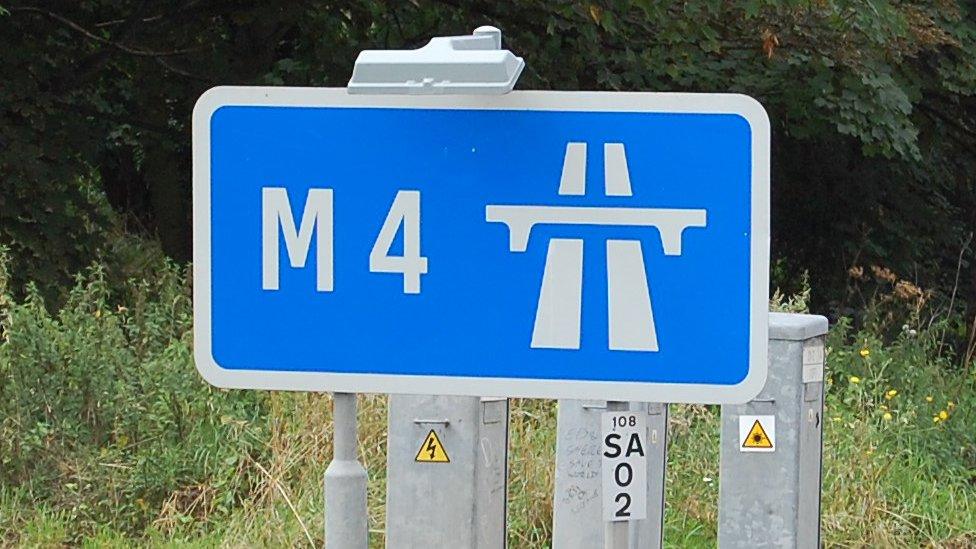
- Published23 October 2018
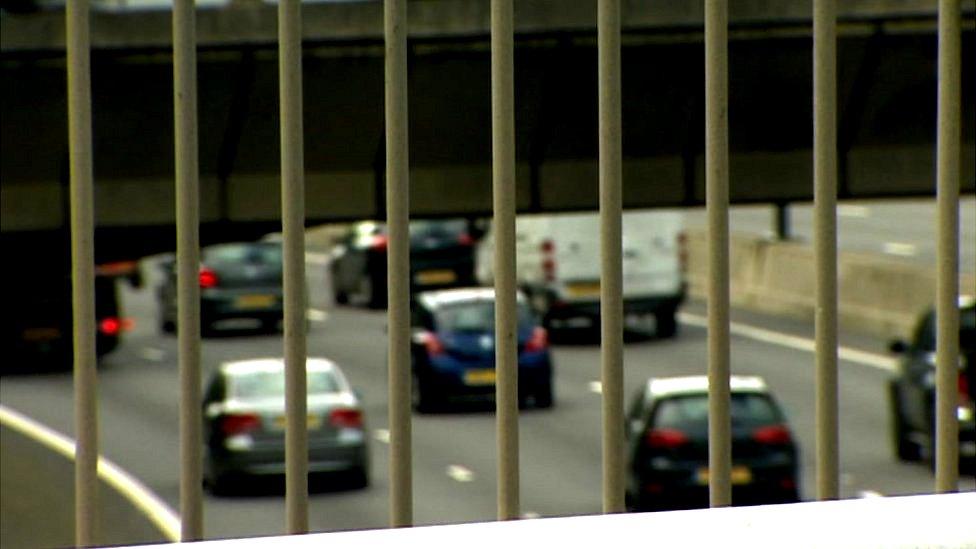
- Published3 May 2017
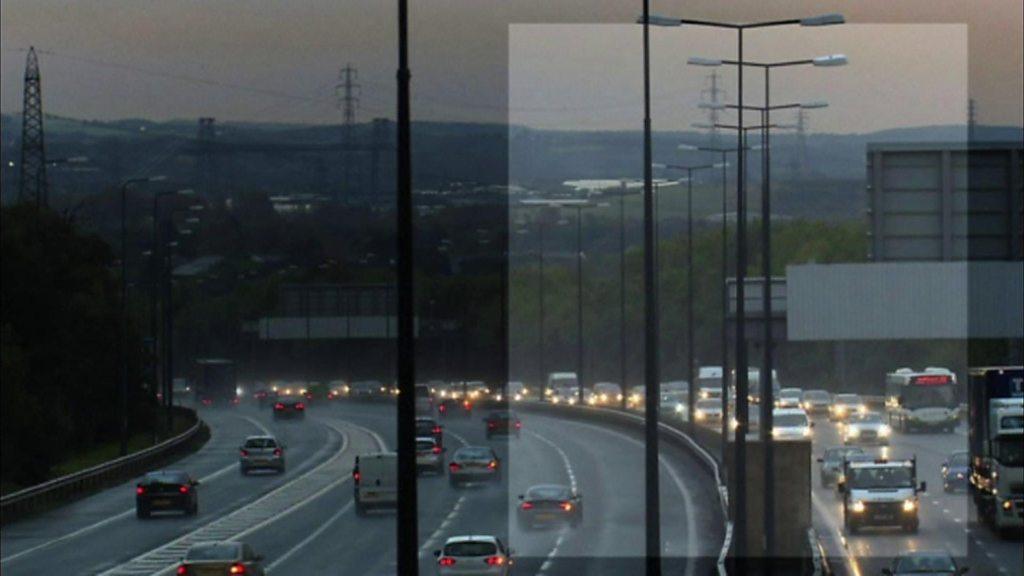
- Published12 September 2018
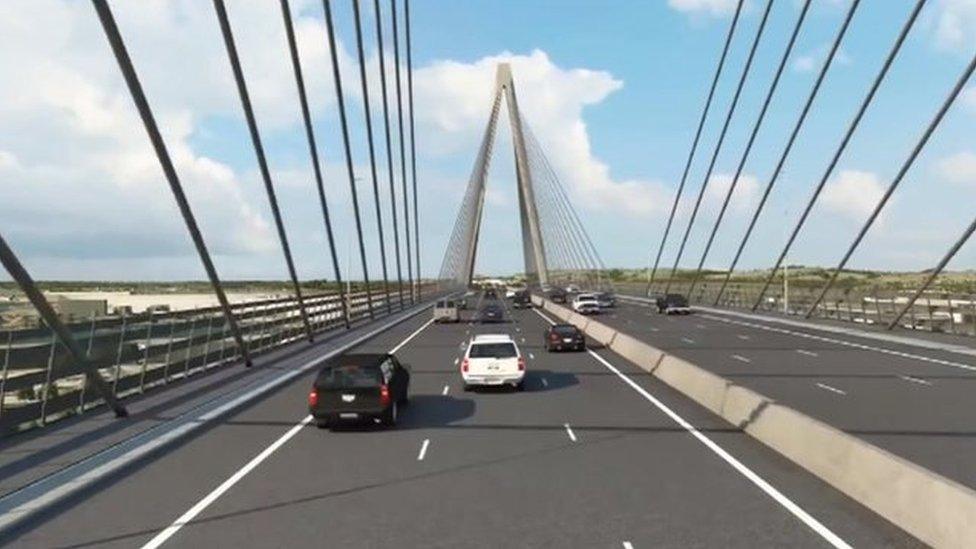
- Published9 January 2016

- Published9 January 2016
